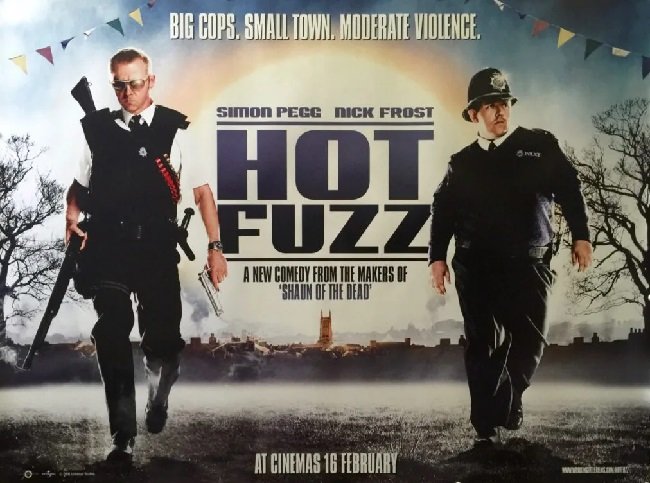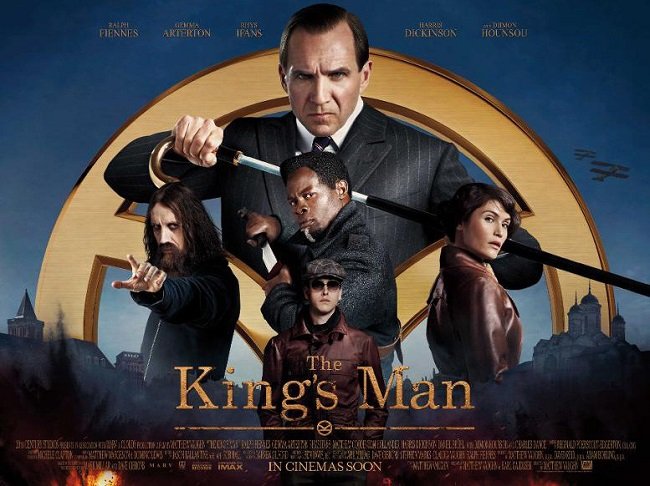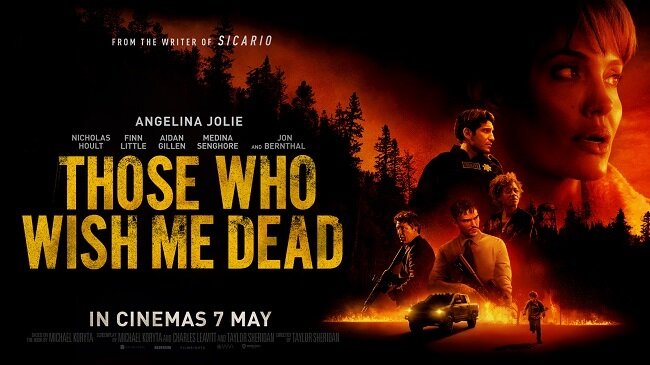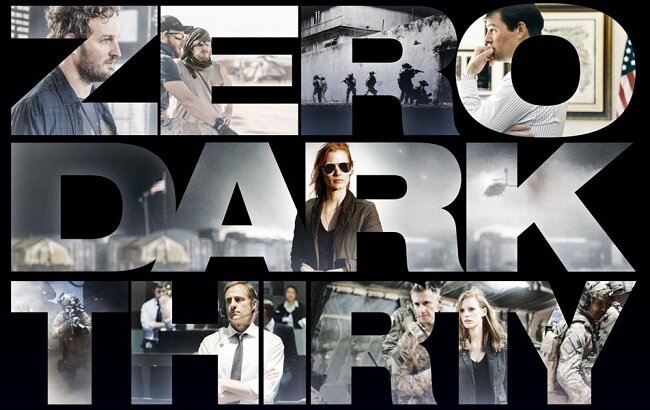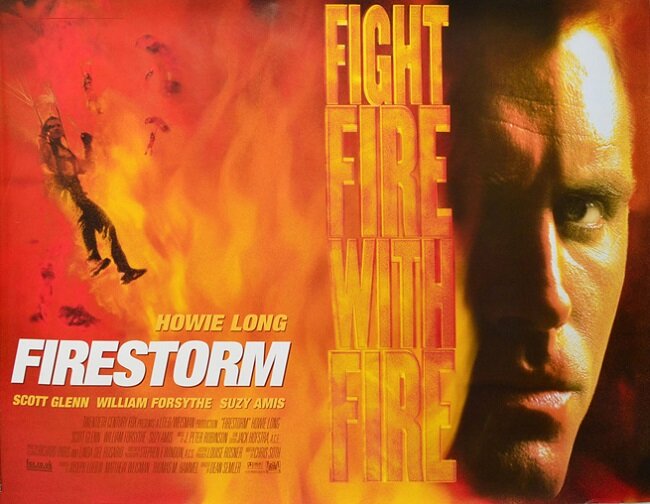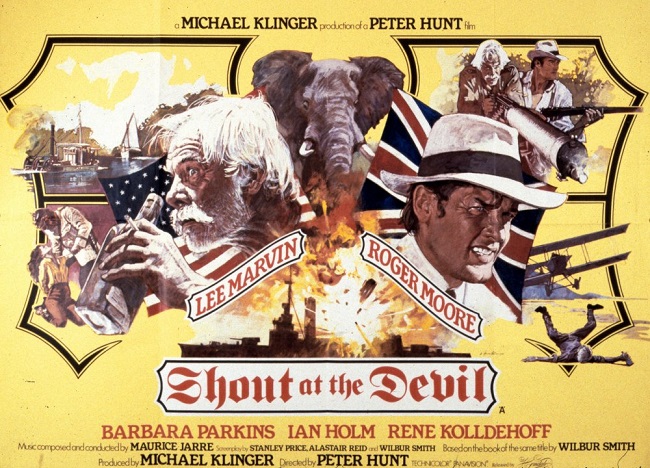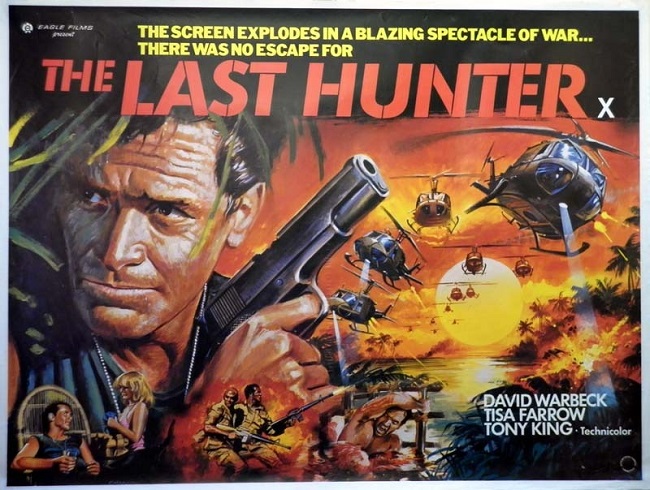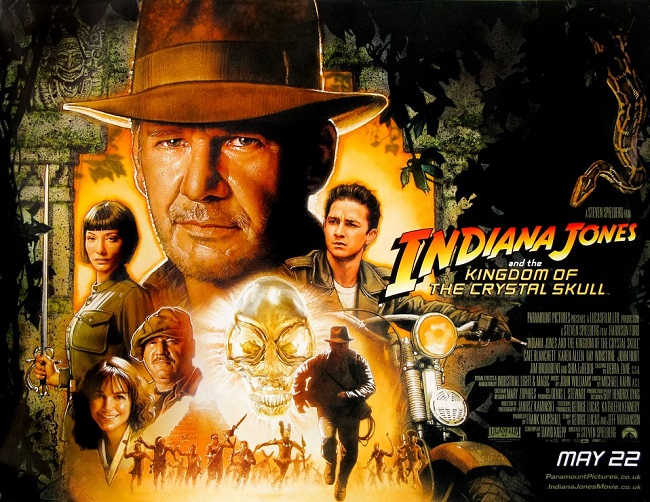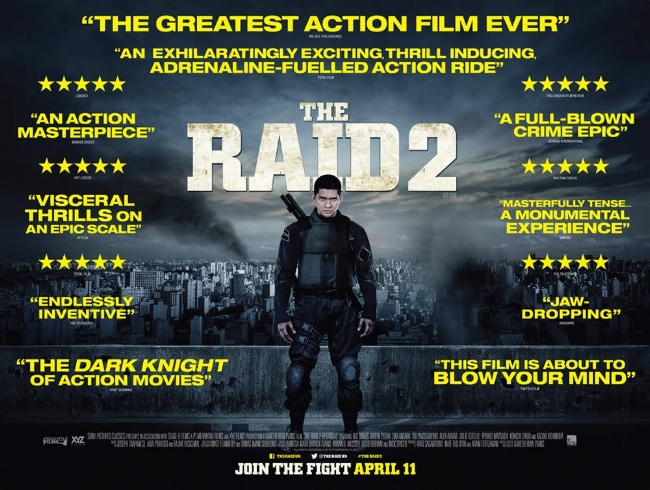Death Wish (2018)
The latest movie adaptation of Brian Garfield’s notorious 1972 novel has not had an easy journey to the big screen. Over more than a decade, multiple directors have been associated with the project, including Sylvester Stallone, Joe Carnahan as well as Aharon Keshales and Navot Papushado. Actors such as Liam Neeson, Russel Crowe and Frank Grillo have been on the shortlist to play Paul Kersey. Yet due to differing opinions as to how the subject matter of vigilantism should be approached, most of these earlier projects failed. Joe Carnahan apparently wanted to explore the concepts of “toxic masculinity” and gun culture but studio executives simply wanted a more traditional action thriller. This resulted in a particularly acrimonious public falling out in which the boss in question was labelled a “gutless turd” by Carnahan. Oddly enough the job of remaking Death Wish finally went to horror film maker Eli Roth. And as you would expect from a director with such credentials as Cabin Fever, Hostel and The Green Inferno, his grisly signature set pieces take pride of place in the proceedings.
As a crime wave grips Chicago, surgeon Paul Kersey (Bruce Willis) experiences first hand the resulting increase in gunshot wounds as he treats both police and criminal alike. Kersey is a law-abiding citizen and doesn’t own any firearms and seems bemused by the violence of society, as he watches various TV talk shows and listens to radio phone-ins. When his wife Lucy (Elisabeth Shue) is fatally shot and his daughter Jordan (Camilla Morrone) is left comatose after a bungled burglary, Kersey looks to the police and Detectives Kevin Raines (Dean Norris) and Leonore Jackson (Kimberly Elise) to track down the culprits. But it soon becomes apparent that crimes of this nature are seldom solved, so grief and anger drive the doctor to seek a gun and roam the streets at night. After he intervenes in a carjacking, a video taken by a passer-by goes viral on the internet. Labelled “The Grim Reaper” by the press, public opinion is divided over his actions. As the police turn their attention on this urban vigilante, Kersey stumbles upon evidence that points to those who attacked his family and sets out to track them down.
Death Wish is professionally made with a robust cast of character actors. The production is not lacking and certainly doesn’t look cheap or rushed. The location work is appropriate contrasting the opulence of the wealthy suburbs with the poverty and decay of the inner city. Sadly, what is lacking is a quality screenplay and a willingness to explore any of the subjects and themes that the narrative sets up. Eli Roth has simply made a seventies exploitation movie with the trapping of a contemporary thriller. If you are just looking for violent set pieces, then you’ll find them here. There is a particular wince inducing torture scene in which Bruce Willis slices into a bad guys sciatic nerve with a scalpel and then pours brake fluid into the wound. There is also a fight sequence that culminates in a random bowling ball incommoding a villain, that could have come straight out of the Wile E. Coyote playbook. If you like your movies nasty and meanspirited, then Death Wish has those qualities in spades.
What Death Wish fails to do is follow through on any of the “hooks” it uses in the first two acts. Talk radio shows, social media, populist news channels are touched upon in setting up “The Grim Reaper” but then fail to dissect and debate the contentious nature of such a social phenomenon. The subject of gun control is referenced and then utterly side-lined in the third act to accommodate the required blood-spattered denouement. As for the character of Paul Kersey, his journey from sedate model citizen to cold blooded killer is perfunctory to say the least. Bruce Willis still has a degree of inherent charisma, but he doesn’t give a performance of note, nor does the much re-written screenplay give him any depth to explore. The remainder of the film is littered with further missed opportunities. There’s a brief appearance by Stephen McHattie as the Chief of Detectives who seems concerned about the appearance of a vigilante. However, this political angle is abandoned. Then there’s Vincent D'Onofrio as Paul Kersey’s brother. Yet the potential of this role as an underachiever who’s always in his brother’s shadow is left undeveloped.
Considering the current political climate in the US along with the thorny issue of gun control and mass shootings, Death Wish could have said something relevant on a multitude of issues if it had wished to. The studio chose conspicuously not to do so. Instead we have a rather glib throwback exploitation movie that achieves nothing new. Compared to The Equalizer 2, which touches upon similar themes and wraps them in a character driven narrative, Eli Roth’s movie is a pale imitation. If you are simply looking for a violent and undemanding thriller to fill an evening, without having to apply yourself in anyway, then Death Wish will tick those boxes. If you want something more then I would recommend James Wan’s Death Sentence, which explores similar territory but actually sticks it’s neck out (especially in the unrated version) and tries to bring some moral consequences to the subject of vigilantism. And then there’s always Michael Winner’s original Death Wish to consider. Although a product of its time it at least had something more to say on the subject, than this current remake. Choose accordingly.


